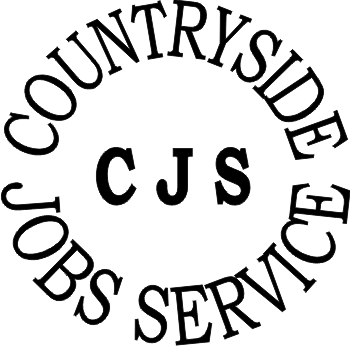Naturenet: Safety Policy for Conservation Volunteers
Safety Policy
for Conservation Volunteers
This is a copy of the Birmingham University Conservation Volunteers safety
policy. It is very simple but nonetheless it's so good we thought you'd like
to see it. Obviously it's getting on a bit now and refers to Birmingham a lot,
so you'll want to change it to suit your own needs if you copy it. Every
CV group should have one. The original is no longer on the web, so we've
kept it here. The rest of BUCV's website was great, too, so if anyone knows
where it now is we'd like to know.
In October 1997 Birmingham University Conservation Volunteers Society (BUCV)
became a member of the Guild Athletic Union (GAU). BUCV was one of a number
of societies which carry out potentially hazardous activities to be transferred.
Although administration and funding will still continue within the Guild
the University (through GAU) has assumed liability for the safety of students
whilst on BUCV tasks. As part of the changes the society must adopt a formal
safety policy.
BUCV members are insured whilst taking part in society activities. Our insurance
is arranged through the British
Trust for Conservation Volunteers (BTCV) . One
of the requirements of the insurance policy is that a safety talk be given
before each task explaining the correct and safe use of all tools. This information
can be found on the tools page. For more information about insurance contact
the committee, Society Treasurer.
. One
of the requirements of the insurance policy is that a safety talk be given
before each task explaining the correct and safe use of all tools. This information
can be found on the tools page. For more information about insurance contact
the committee, Society Treasurer.
Birmingham University Conservation Volunteers Society (BUCV) organises
practical conservation work. This work involves of day long tasks which take
place in parks and nature reserves near Birmingham and weekend residential
tasks organised through the British Trust For Conservation Volunteers (BTCV).
Residential tasks take place at sites elsewhere in England and Wales.
Transport to the worksite is normally by minibus though public and private
transport may be used to nearby locations.
Practical conservation work is often carried out in rough or inaccessible
terrain and may include hazardous activities such as tree felling or the use
of potentially dangerous tools.
1. All members of the society must familiarise themselves
with and follow the Code of Practice.
2. Insurance for members of the society whilst carrying out conservation work
is provided by the BTCV subject to certain conditions.
3. Members must always ensure their own safety, the safety of other members
of the society and the general public.
4. The leaders of each task will be clearly identified.
5. The details of the task will be described and the reason why it is being
undertaken will be explained. Members of the group will be informed of special
features of the worksite (such as the presence of endangered species).
6. Potential dangers associated with the task or the worksite will be identified.
7. The correct and safe use of all tools which may be used must be described
to all those taking part before starting every task. (This is a requirement
of the BTCV insurance policy.)
8. The procedure to be followed in case of an accident must be explained to
all those taking part. The location of the first aid kit must be given and
any qualified first aiders identified.
9. No one must carry out a task about which they are uncertain, or if they
are unsure of the correct safety procedure.
10. It is the driver's responsibility to ensure the vehicle is roadworthy and
that all passengers and equipment are stowed correctly. The driver must not
take alcohol or drugs.
11. Regular minibus drivers must plan to attend a BTCV minibus driver course.
12. The society owns two first aid kits which may be used to treat injuries.
13. Any accidents must be immediately reported to the leader of the task. The
removal of any items from the first aid kit must be also be recorded.
14. The leaders of each task will know the location of the nearest casualty
department or medical aid.
15. All details of accidents must be recorded in the society Accident Report
Book.
16. The society also possesses a `welfare kit' which contains items such as
paracetamol and sticky plasters which you may use at your own risk to treat
yourself. Some people may be allergic to items such as paracetamol and so they
should never be administered to others.
17. Anyone with a medical condition which may affect them
must inform the leader of each task.
18. Guild Athletic Union rules require that a Duty of Care form be left at
the University when the society carries out tasks, This form records the name
of all those taking part, the leaders of the task, the location, and contacts
in Birmingham and at the worksite.
